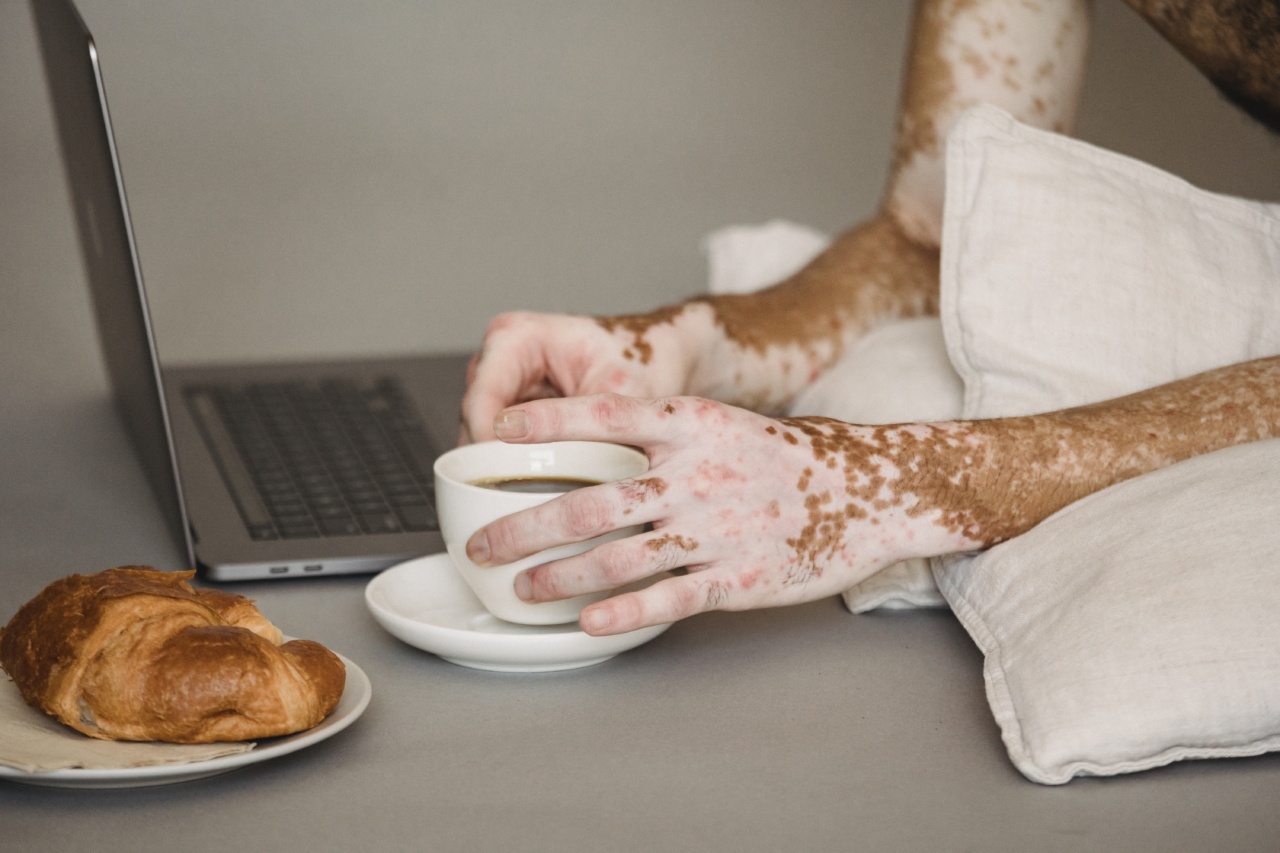Urticaria and Psoriasis are two of the most common skin diseases. These two conditions are vastly different, but both can cause significant discomfort and distress. Urticaria is a skin rash that manifests as red, raised, and itchy hives.
The skin can appear swollen, and the hives can spread across the body. Psoriasis is an inflammatory skin condition that causes red patches and scales on the skin. This article will present a photo story of skin diseases, focusing on urticaria and psoriasis, as seen by Roula Revi.
Urticaria
Urticaria, commonly known as hives, is a type of skin rash that affects about 20 percent of people at some point in their lives. The hives develop suddenly and can appear anywhere on the body.
The hives can vary in size, shape, and color, and they usually cause intense itching. The rash can last for a few hours or several weeks. Urticaria can occur as a reaction to an allergen, infection, or stress. In some cases, the cause is never identified.
Roula Revi’s photo of urticaria shows red, raised hives on the skin. These hives can appear anywhere on the body and can be small or large. They are often intensely itchy and can cause significant discomfort.
Psoriasis
Psoriasis is an autoimmune disease that affects about 2 percent of people. The condition causes the rapid growth of skin cells, resulting in patches of thick, red skin with silvery scales.
Psoriasis can appear on any part of the body but is most common on the scalp, elbows, knees, and lower back. The patches can be itchy and painful, and they can crack and bleed. The cause of psoriasis is not fully understood, but it is thought to involve a combination of genetic and environmental factors.
Roula Revi’s photo of psoriasis shows red, scaly patches on the skin. The patches can be small or large and can appear anywhere on the body. The skin can be dry and itchy, and the scales can flake off.
Treatment Options
There is no cure for urticaria or psoriasis, but there are several treatment options available to manage the symptoms. In the case of urticaria, over-the-counter antihistamines can help to relieve the itching.
For more severe cases, prescription medications such as corticosteroids, omalizumab, and cyclosporine may be necessary. In the case of psoriasis, topical creams and ointments, phototherapy, and oral medications can help to manage the symptoms. Lifestyle changes such as quitting smoking, avoiding triggers, and managing stress can also be beneficial.
Conclusion
Roula Revi’s photo story of urticaria and psoriasis highlights the symptoms and appearance of two common skin diseases. While neither condition is curable, there are several treatment options available to manage the symptoms.
If you suspect that you have either of these conditions, it is important to seek medical advice for a proper diagnosis and treatment.





























